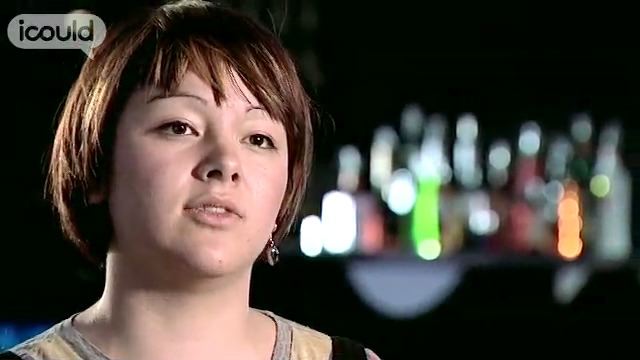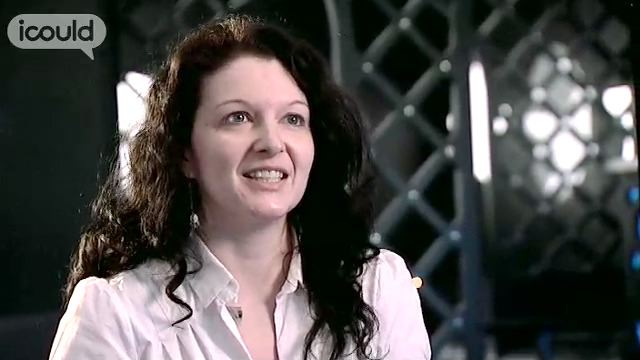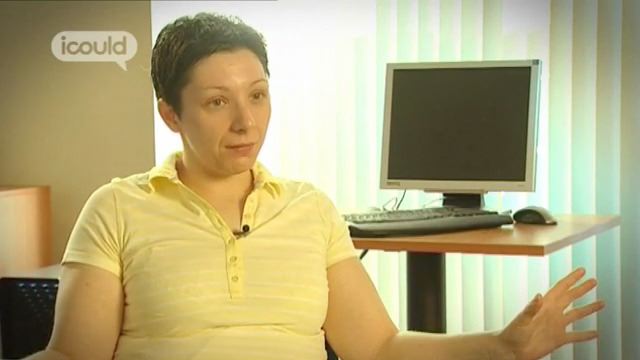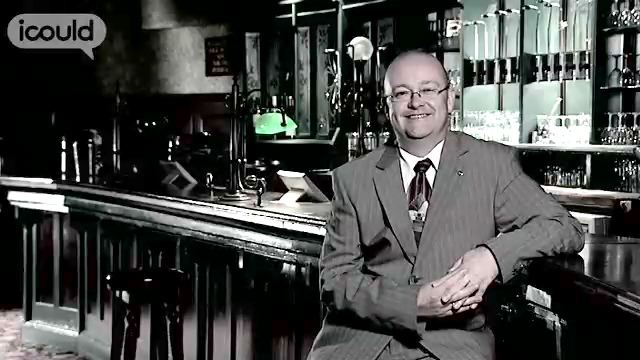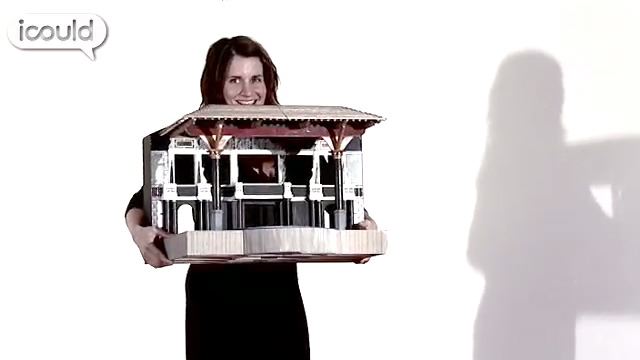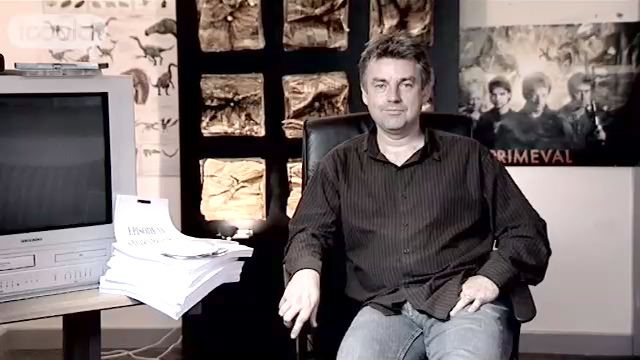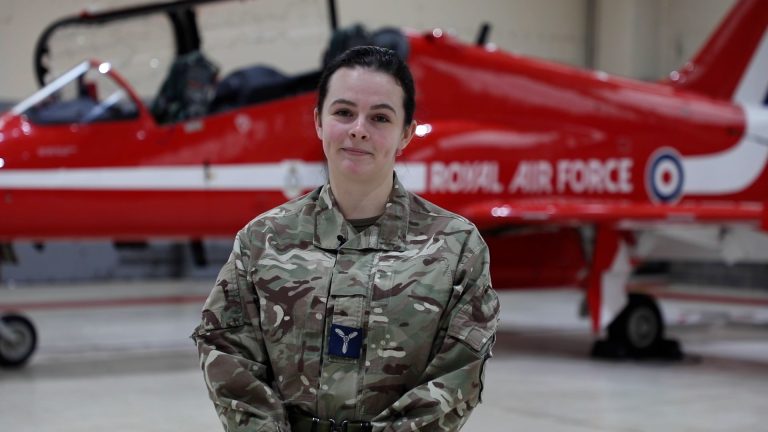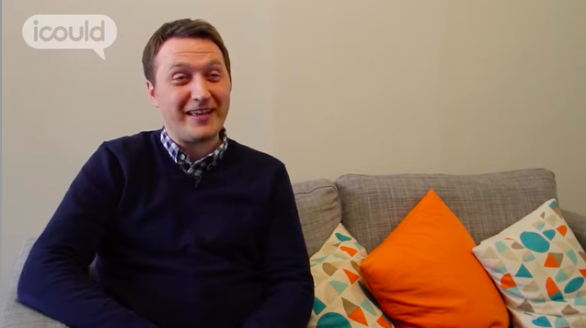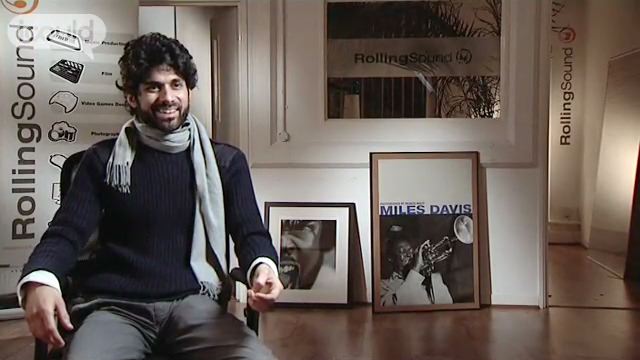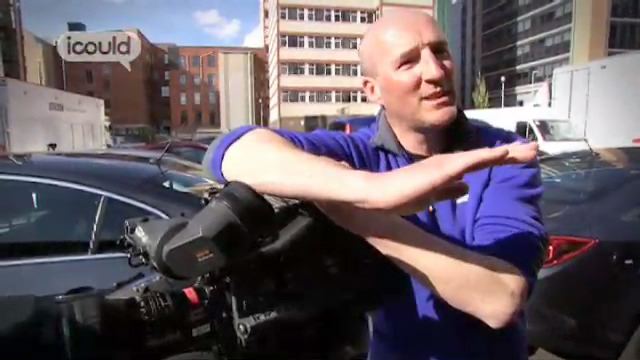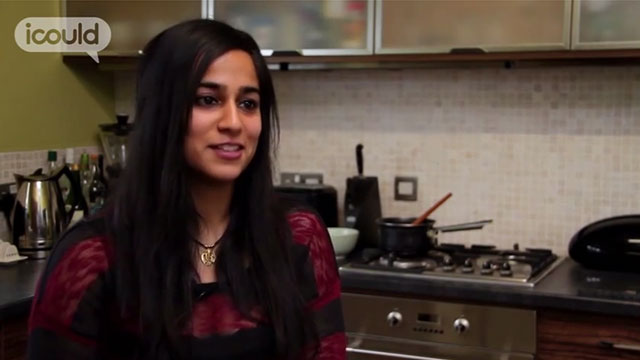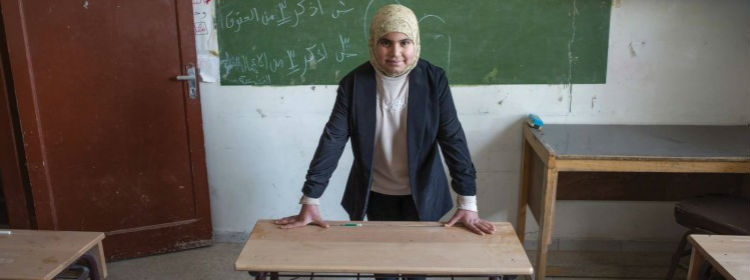Explore: Media
3rd Assistant Director - Television
ITV
info Issues viewing the video?
|
|
ANTONIA C |
|
00:02 |
My name’s Antonia C and I’m a third assistant director, |
|
00:06 |
So the third will be on set with the first assistant director, helping to pass on information and basically you’re his right hand man, making sure that everybody knows what’s going on. Other responsibilities are dealing with the extras or walk-ons as we call them now, so you’ll get them ready in the morning, get them checked through costume and make-up, travel on to set, just basically just directing them, so and also checking back with continuity, so that you make them do the same each time. So you’ve obviously got your script in front of you and you have to make sure that if they are doing a move past the camera or doing a cross, that you mark down on your script when they do that, so if you do a tighter version of the shot or a different angle, it all matches for when they’re in the edit. |
|
00:57 |
So I left school, went to college in Stratford, which is where I’m from, round Birmingham area, and I went into a taster course, a session which was media, and I’d not really heard much about media, obviously you don’t do it in school. So I’d walked into that and I was quite interested by it, so I decided to do it as an AS level among a few other subjects. I got, I think, three Us in the other subjects and a B in media, so I thought, well I seem to be good at this, so I went on to do a BTEC in film and television. |
|
01:36 |
So in the end I ended up doing a degree at Leeds Met, film and moving image productions, and while I was there I kind of set about to get work experience anywhere I could really, so I mean it is really tough to even get work experience within TV, so I kind of got a list, an A to Z list of TV companies in the whole country and I started at A and I went down the list, ringing, emailing, following up on CVs that I’d sent through and just again, any sort of work experience. So I went on then to find out what TV shows were being filmed and I managed to get a six months’ work experience placement on a BBC comedy. |
|
02:23 |
I always knew I wanted to work in TV, from when I was really young, so it was kind of one of those things where I thought, I won’t stop until I get there. |
|
02:34 |
I think, in the end, I found it so unpredictable and I felt so unsettled, that I started looking at other jobs in other departments, so I started working in casting. I think, after about a year of doing that, I thought, that’s it, I’m leaving the industry, I’ve had enough. So I left and got a normal job and I hated it. It was the worst job I’ve ever done and it was working in an office. |
|
03L92 |
I’d never really worked in an office properly before and that nine to five job was longer than any 12 hour day I’ve ever done, so I think that’s when Emmerdale gave me a ring and said, do you want to come and do a nine month contract and, at the time, I hadn’t worked longer than like probably eight weeks or maybe I’d done like a six months something contract, but so nine months was like a dream. It had holiday pay and everything, so I was like, definitely. |
|
03:36 |
If you wanted to get into television, you’d have to really want it, cos it is very difficult. You can’t be, oh I’d quite like to be working in TV or maybe something else. You have to be very much, that’s what I want, that’s where I want to be and I think work experience is the best way you can get into any sort of role. Also just researching television companies, finding out what’s being filmed. If you want to do more of like the production side of stuff, then working on a placement in the office, seeing how everything works. |
|
04:15 |
I don’t know, I just think being on set as well is, to know what department you want, I guess you have to see what everyone does on set. Cos a lot of the stuff at uni or college, you don’t know what everyone does really and it’s not that clear. |
|
04:32 |
End of Antonia C |
Antonia is the right hand man to the Director in Emmerdale and is also looks after the extras or walk-ons on set. She always wanted to work in television and opted for a hands on film and television production course at college. Her first break was a work experience placement on a BBC comedy show. Her advice would be to learn all about the different departments in a television production.
More information about Arts officers, producers and directors
Data powered by LMI For All
£60,840
average salary
The UK average salary is £29,813
38
average weekly hoursThere are 37.5 hours in the average working week
61%
male
39%
female
The UK workforce is 47% female and 53% male
Future employment
Future employment
Description
Arts officers, producers and directors assume creative, financial and organisational responsibilities in the production and direction of television and radio programmes, films, stage presentations, content for other media, and the promotion and exhibition of other creative activities.
Qualifications
Entry can be via academic qualifications, BTEC/SQA awards, diplomas or degrees in sector-relevant subjects. Apprenticeships are available at NVQ Levels 2 and 3 in some areas.
Tasks
- Chooses writers, scripts, technical staff and performers, and assumes overall responsibility for completion of project on time and within budget
- Directs actors, designers, camera team, sound crew and other production and technical staff to achieve desired effects
- Breaks script into scenes and formulates a shooting schedule that will be most economical in terms of time, location and sets
- Prepares rehearsal and production schedule for main events, design of sets and costumes, technical rehearsals and dress rehearsals
- Ensures necessary equipment, props, performers and technical staff are on set when required
- Manages health and safety issues
- Selects, contracts, markets and arranges for the presentation and/or distribution of performance, visual and heritage arts
Employment by region
Top 10 industries for this job
Employment activities
22004
Film & music
19481
Computer programming, etc
14370
Sport & recreation
10585
Arts & entertainment
9929
Broadcasting
6004
Advertising, etc
5131
Libraries, etc
4182
Gambling
2806
Legal & accounting
2069
Employment status
Related career stories
⇦
⇨
